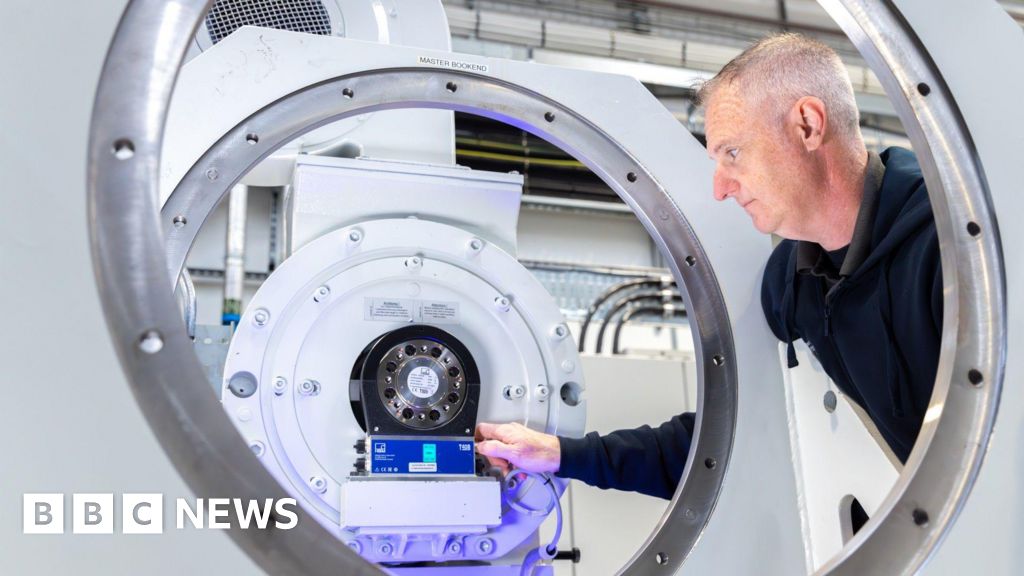University of Nottingham to Lead Zero Carbon Innovation with New Hydrogen Lab
Key Ideas
- The University of Nottingham has secured planning permission for a new research facility on Jubilee Campus to focus on zero carbon fuels and propulsion systems for various industries.
- The lab will house cryogenic test capabilities, altitude testing equipment, and facilities to test gaseous hydrogen, ammonia, and other green fuels to support the decarbonization of future transport.
- Funding of £70 million has been allocated to boost facilities for developing technology, and the lab will collaborate with the adjacent Power Electronics and Machines Centre (PEMC) for research and testing.
- The new hydrogen lab is set to operate alongside the university's Zero Carbon Innovation Centre, aiming to establish the East Midlands as a leader in zero carbon innovation globally by providing the necessary technologies for industries to achieve decarbonization goals.
The University of Nottingham has received planning permission for a new research facility on Jubilee Campus in Wollaton, Nottingham, with a focus on unlocking the potential of zero carbon fuels. The lab aims to facilitate research and high-power testing of propulsion systems for industries such as aerospace, automotive, marine, and power generation. It will include cryogenic test capabilities, environmental chambers for altitude testing, and equipment to test gaseous hydrogen, ammonia, and other green fuels to support the decarbonization of future transport.
The project, supported by £70 million in funding from private, public, and grant sources, is part of efforts to boost technological development for decarbonizing transportation. The lab will be connected to the adjacent Power Electronics and Machines Centre (PEMC) to collaborate on research and testing activities.
The research at the facility will focus on testing novel powertrains, including cryogenic electrical machines and power electronics, as well as systems powered by liquid hydrogen and other green fuels. The new lab is expected to be operational by mid-2026 and will play a crucial role in advancing zero carbon innovation.
Chris Gerada, professor of electrical machines at the University of Nottingham, emphasized the significance of the new hydrogen lab in establishing the East Midlands as a leader in zero carbon innovation globally. The region is seen as having the right resources and expertise to support industries in achieving their decarbonization objectives. The lab will complement the university's Zero Carbon Innovation Centre, which has received support from East Midlands Freeport and Loughborough University, further enhancing the region's capabilities in zero carbon technology.
Topics
Green Hydrogen
Automotive
Power Generation
Marine
Aerospace
Technology Development
Green Fuels
Research Facility
Transport Industries
Latest News
